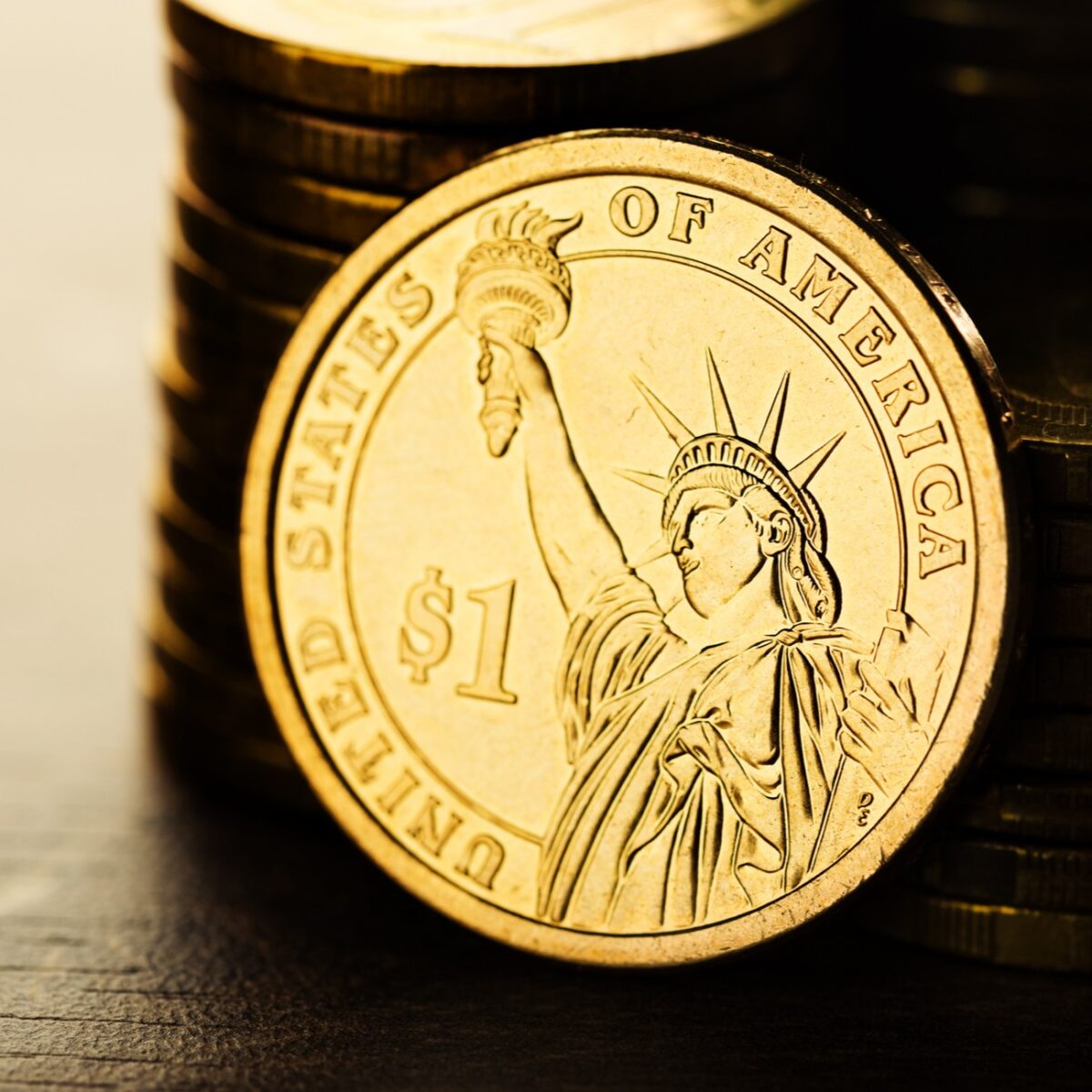PALO ALTO, Calif. (Reuters) - The Federal Reserve is taking a look at a broad variety of concerns around digital payments and currencies, including policy, design and legal factors to consider around possibly issuing its own digital currency, Governor Lael Brainard stated on Wednesday. Brainard's remarks suggest more openness to the possibility of a Fed-issued digital coin than in the past." By changing payments, digitalization has the potential to deliver higher worth and convenience at lower expense," Brainard said at a conference on payments at the Stanford Graduate School of Business.
Main banks internationally are debating how to manage digital financing innovation and the dispersed journal systems utilized by bitcoin, which promises near-instantaneous payment at possibly low expense. The Fed is establishing its own round-the-clock real-time payments and settlement service and is presently reviewing 200 remark letters sent late last year about the suggested service's style and scope, Brainard stated.
Less than 2 years ago Brainard told a conference in San Francisco that there is "no engaging showed requirement" for such a coin. But that was prior to the scope of Facebook's digital currency ambitions were widely known. Fed officials, including Brainard, have raised concerns about consumer defenses and data and personal privacy hazards that could be fedcoin 2020 postured by a currency that might enter usage by openlearning.com/u/roxann-qods21/blog/FedcoinTheUsCentralBankIsLookingIntoItReuters/ the third of the world's population that have Facebook accounts.
" We are teaming up with other reserve banks as we advance our understanding of main bank digital currencies," she stated. With more countries checking out providing their own digital currencies, Brainard said, that contributes to "a set of factors to likewise be ensuring that we are that frontier of both research and policy development." In the United States, Brainard stated, concerns that need study consist of whether a digital currency would make the payments system much safer or easier, and whether it might position financial stability threats, including the possibility of bank runs if money can be turned "with a single swipe" into the reserve bank's digital currency.
To counter the monetary damage fed coin stock from America's unmatched nationwide lockdown, the Federal Reserve has actually taken extraordinary actions, including flooding the economy with dollars and investing directly in the economy. The majority of these relocations received grudging approval even from many Fed doubters, as they saw this stimulus as required and something only the Fed might do.
My brand-new CEI report, "Government-Run Payment Systems Are buy fedcoin Unsafe at Any Speed: The Case Versus Fedcoin and FedNow," information the dangers of the Fed's current plans for its FedNow real-time payment system, and propositions for main bank-issued cryptocurrency that have been called Fedcoin or the "digital dollar." In my report, I talk about concerns about privacy, data security, currency control, and crowding out private-sector competition and innovation.

Supporters of FedNow and Fedcoin state the government needs to produce a system for payments to deposit immediately, instead of encourage such systems in the private sector by raising regulative barriers. But as noted in the paper, the personal sector is supplying a seemingly endless supply of payment technologies and digital currencies to resolve the problemto the degree it is a problemof the time gap in between when a payment is sent and when it is gotten in a bank account.
And the examples of private-sector innovation in this area are lots of. The Clearing Home, a bank-held cooperative that has been routing interbank payments in different types for more than 150 years, has been clearing real-time payments because 2017. By the end of 2018 it was covering 50 percent of the deposit base in the U.S.